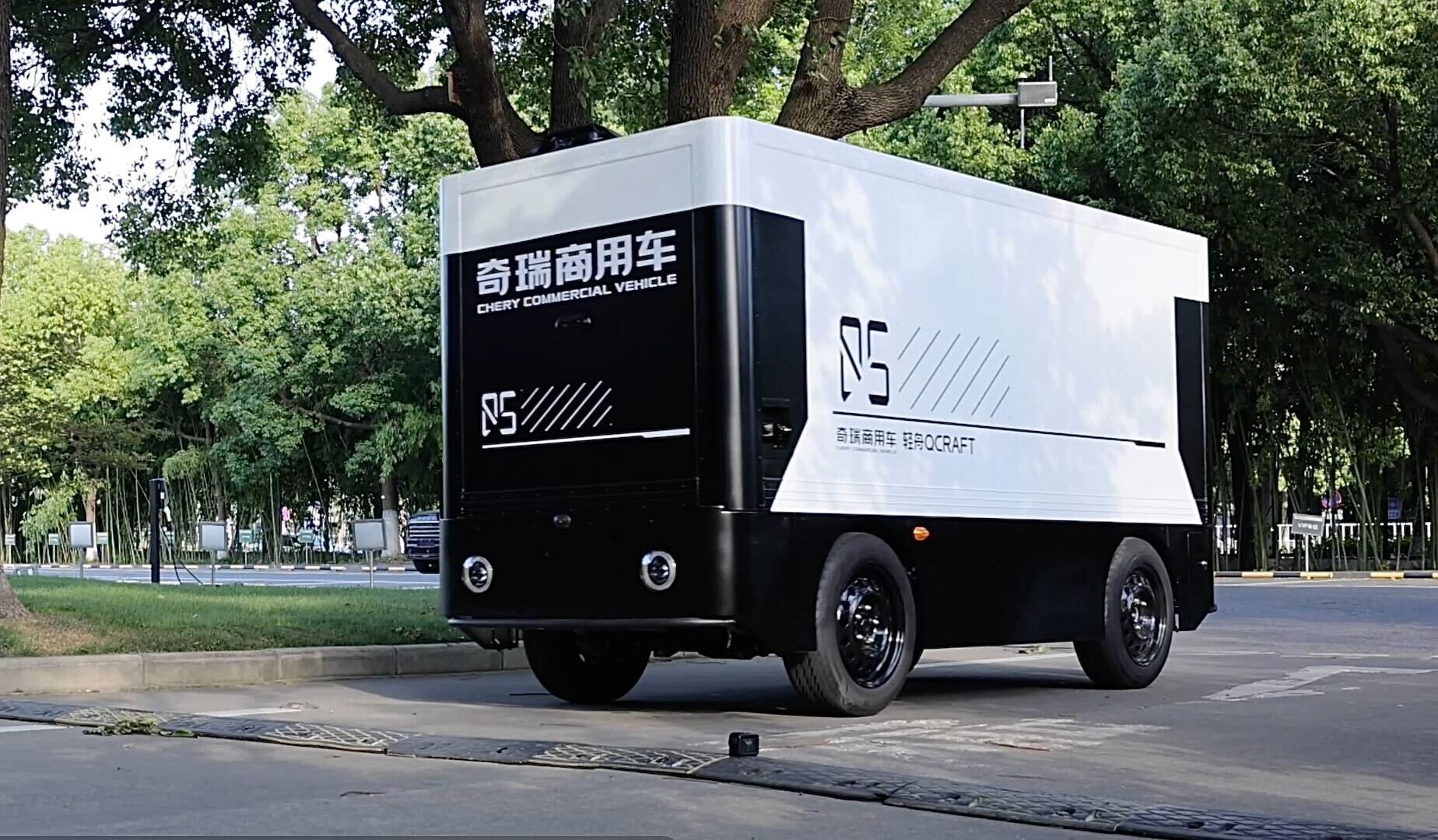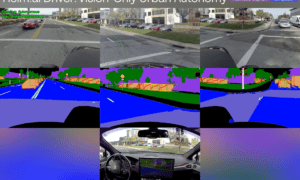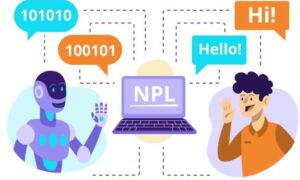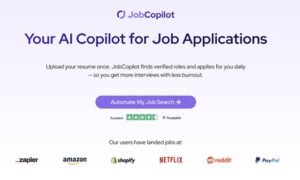Autonomous driving company QCraft is expanding into the autonomous logistics market through a new partnership with Chery Commercial Vehicle, marking the firm’s first major push beyond passenger mobility and robotaxis.
The companies will jointly develop Level 4 (L4) autonomous delivery vehicles built on Chery’s commercial platforms. Chery Commercial Vehicle, a subsidiary of China’s largest auto exporter, will supply new vehicle architectures, while QCraft integrates its full-stack L4 technology.
The move positions QCraft to compete in the emerging segment of short-distance, automated delivery, a sector logistics operators see as a way to cut labor costs and increase reliability during peak demand. By automating high-frequency routes between warehouses and residential areas, L4 logistics vehicles are viewed as a potential tool for improving last-mile efficiency in China’s dense urban centers.
Robovan Deployment Begins
The company’s first dedicated logistics platform, the Robovan, is already operating in Suzhou and Jinhua. QCraft says the vehicle is a key part of its long-term L4 strategy: a shared architecture that draws on the company’s experience deploying nearly one million vehicles equipped with NOA (Navigate on Autopilot) advanced driver-assistance systems.
That mass-production base, rare among companies pursuing L4 autonomy, allows QCraft to train algorithms on data from a wide population of vehicles, helping systems improve as mileage accumulates.
This strategy also underpins the company’s goal of transferring autonomous capabilities developed for passenger cars into commercial logistics, a model industry analysts say could shorten development cycles and lower deployment costs.
Industry Positioning
QCraft is among a small group of companies globally developing both L2+ mass-market assisted driving and L4 autonomous systems. In China, the firm says its NOA technology is nearing one million installations across automaker partners, giving it one of the largest market shares for high-level assisted driving.
On the L4 side, QCraft operates hundreds of Robobuses and Robotaxis in 26 cities across China, Europe, South Korea, Japan, Singapore, and the Middle East.
“Autonomous logistics is entering a stage of rapid market adoption,” said Dr. James Yu. “With Chery’s industrial scale, and our other strategic partners’ operational resources, QCraft’s L4 Robovan can accelerate the intelligent transformation of logistics networks and create long-term commercial value.”
The collaboration comes as Chinese automakers and tech firms increasingly look to logistics as one of the first high-volume use cases for L4 autonomy, supported by predictable routes, controlled environments, and growing pressure to reduce delivery times.
QCraft’s shift into autonomous logistics underscores a broader realignment in China’s autonomy landscape, where commercial use cases are advancing more rapidly. Logistics is increasingly viewed as one of the most commercially viable near-term applications for high-level autonomy: routes are repeatable and the economic incentives are very clear as ecommerce driven delivery volumes rise.
Chery’s ability to mass-produce commercial vehicles also gives QCraft a pathway to scale that many L4 startups lack. The partnership suggests that China’s autonomous vehicle sector may see more alliances between high-tech software firms and traditional OEMs as companies race to secure defensible positions in what could become one of the first large-scale L4 markets.



































